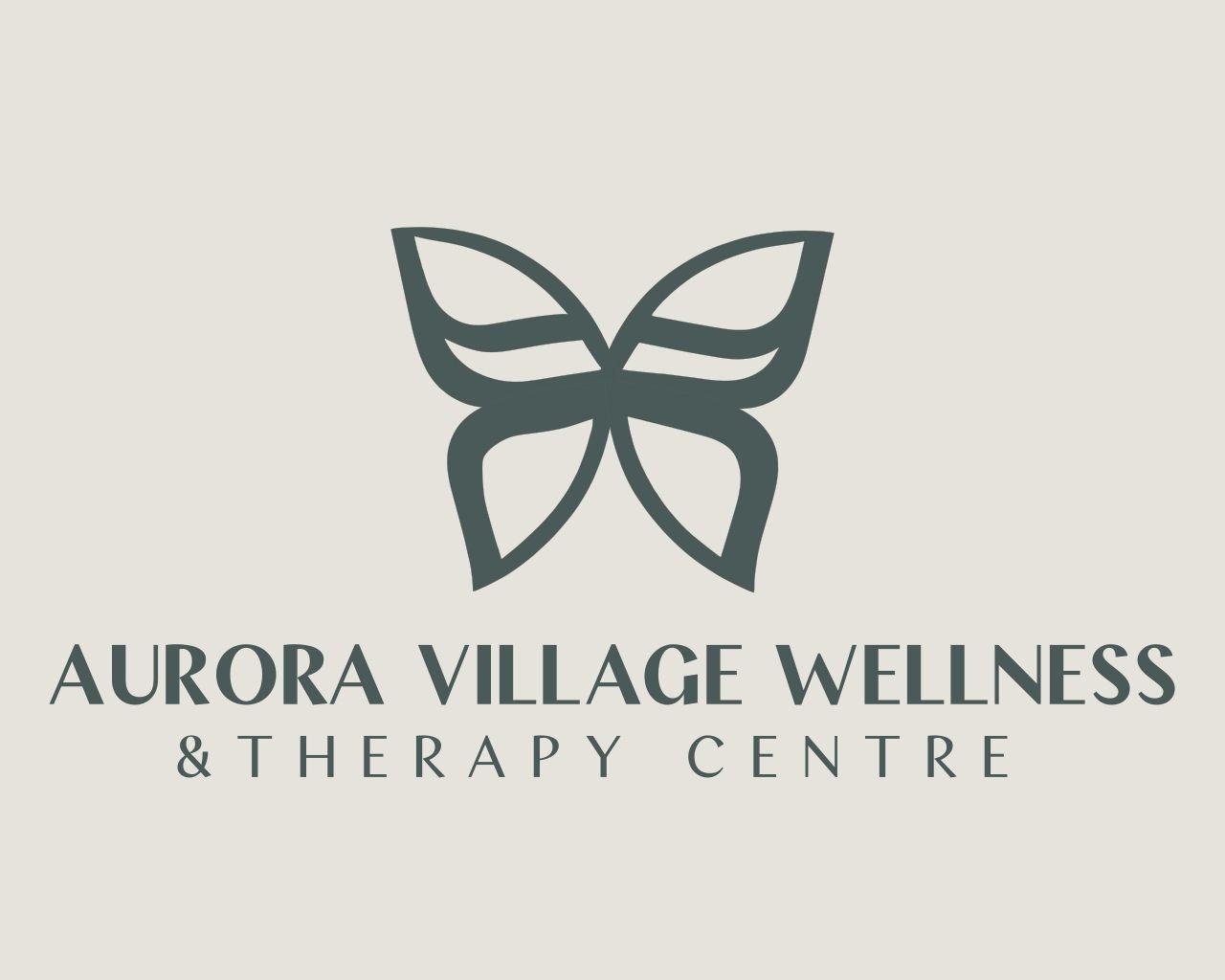Therapy for Teens & Adolescents in Aurora
Our experienced intake team will match your teen with the right therapist in Aurora to support their mental health, emotional growth, and well-being.
How can therapy support teens and adolescents during life’s most challenging years?
Therapy for teens and adolescents is a supportive and collaborative process that helps young people explore their emotions, navigate challenges, and build emotional resilience. At Aurora Village Wellness and Therapy Centre, we provide a safe, non-judgmental space where teens can address issues such as anxiety, depression, self-esteem, school stress, identity, or family conflict with the guidance of a skilled therapist.
Using evidence-based approaches like Cognitive Behavioural Therapy (CBT), Dialectical Behaviour Therapy (DBT), Emotion-Focused Therapy (EFT), and mindfulness, our therapists help teens understand their thoughts and feelings, develop healthy coping strategies, and build stronger relationships. Therapy sessions are adapted to the teen’s developmental stage, communication style, and unique needs.
Our intake team carefully matches each teen with the right therapist, and when appropriate, we involve parents or caregivers to support growth while respecting the teen’s autonomy. Through therapy, teens gain confidence, self-awareness, and the tools they need to thrive emotionally, socially, and academically.
-
Seeing a therapist gives you a safe space to talk about what you're feeling, figure out what’s really going on inside, and learn healthy ways to handle stress, emotions, and relationships.
Whether you're dealing with anxiety, school pressure, low self-esteem, family issues, or just feeling overwhelmed, therapy can help you feel more in control and less alone.
A therapist listens without judgment and helps you understand yourself better, build confidence, and find tools that actually work for your life.
-
Therapy can help teens address a wide range of emotional, behavioral, and relational challenges. Common symptoms include anxiety, panic attacks, depression, low mood, irritability, or emotional outbursts. Teens may also struggle with low self-esteem, social withdrawal, academic difficulties, school refusal, or trouble managing stress.
Therapy can support those dealing with self-harm, suicidal thoughts, identity confusion, or family conflict. It also provides a safe space to work through peer issues, bullying, grief, trauma, or experiences of abuse. Changes in sleep, eating habits, and focus,
-
A typical therapy appointment with a teen lasts about 50 minutes and is tailored to meet their unique needs, comfort level, and communication style.
Sessions take place in a safe, confidential space where the teen can talk freely about what’s on their mind—whether it's school stress, family dynamics, friendships, emotions, or personal struggles. In the first few sessions, the therapist focuses on building trust and understanding the teen’s goals.
Depending on the teen’s preferences and needs, sessions may include conversation, creative activities, or mindfulness exercises to help them express themselves and explore emotions.
While therapy is confidential, the therapist may check in with parents or caregivers as needed to support the teen’s progress—always balancing openness with the teen’s right to privacy.
-
Therapy for teens begins with a telephone intake to understand the teen’s needs and match them with the right therapist.
The first sessions focus on building rapport and include a full assessment of emotional, social, and behavioural concerns. Together, the therapist and teen (and parents, when appropriate) create therapy goals and discuss the expected number of sessions.
This structured process ensures that therapy is tailored to the teen’s unique situation, with clear goals and ongoing collaboration to support meaningful progress.
-
There are several therapeutic approaches that can support teens, depending on their needs and goals.
Cognitive Behavioural Therapy (CBT) helps teens understand the connection between their thoughts, feelings, and behaviours. It teaches practical tools to challenge negative thinking, manage anxiety, and build healthy coping skills.
Dialectical Behaviour Therapy (DBT) is especially helpful for teens who struggle with intense emotions, self-harm, or impulsivity. It focuses on emotion regulation, distress tolerance, mindfulness, and improving relationships.
Emotion-Focused Therapy (EFT) helps teens explore their emotions on a deeper level, especially in the context of relationships and identity. It supports emotional awareness, expression, and healing from past hurts.
Mindfulness-based approaches teach teens to be more present, reduce stress, and respond calmly rather than react automatically. These techniques are often integrated with other therapies to enhance self-awareness and emotional balance.
Each approach can be tailored to fit the teen’s unique personality and situation.

